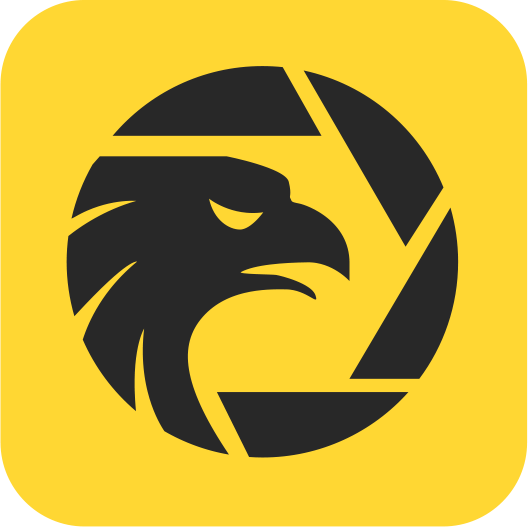
Could you outline the key benefits and potential drawbacks of trading on the DGCX platform?

Having evaluated DGCX as an independent trader with a cautious approach, I found its structure dramatically different from retail forex and CFD brokers. In my experience, one of the notable strengths is its comprehensive range of futures instruments, including contracts on currencies, metals, hydrocarbons, and equities. For me, the underlying institutional platform, Cinnober by Nasdaq, provides robust infrastructure and direct market access—features typically sought by professional or proprietary traders who require efficiency and transparency at scale. However, substantial drawbacks outweigh these benefits for individuals like myself. The most significant concern is the absence of oversight from recognized international regulators such as the FCA or ASIC. DGCX is supervised by the Dubai Multi Commodities Centre (DMCC), yet it does not possess licenses accepted by major regulatory authorities. This regulatory gap creates inherent risk, especially with the red flags highlighted: suspicious license status, high-risk warnings, and reports of withdrawal difficulties from some users. The high barriers to entry—such as steep membership application fees and notably expensive per-contract trading costs—make it impractical for most retail traders. Information on basic trading conditions and client protections is limited as well. Given the specialized nature of the platform and the uncertainty regarding fund safety, I personally would only consider DGCX if I were operating as a well-capitalized institutional participant with a comprehensive understanding of the risks specific to unregulated exchanges. For most traders, especially those valuing statutory protection and transparent dispute resolution, DGCX's drawbacks carry considerable weight.


